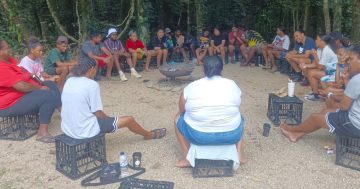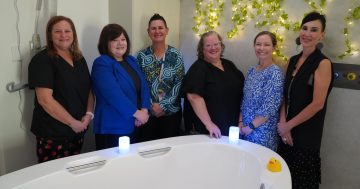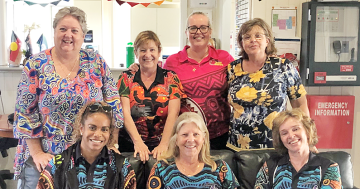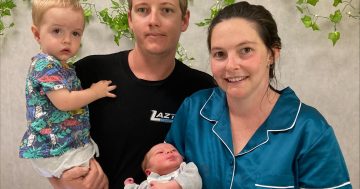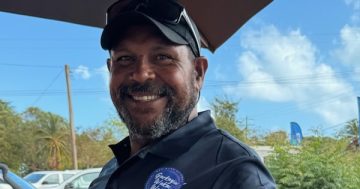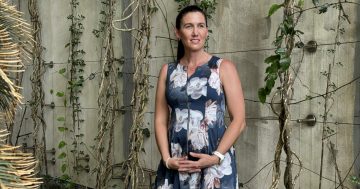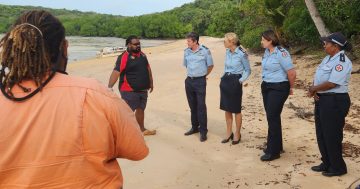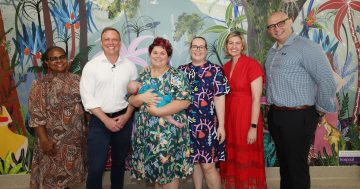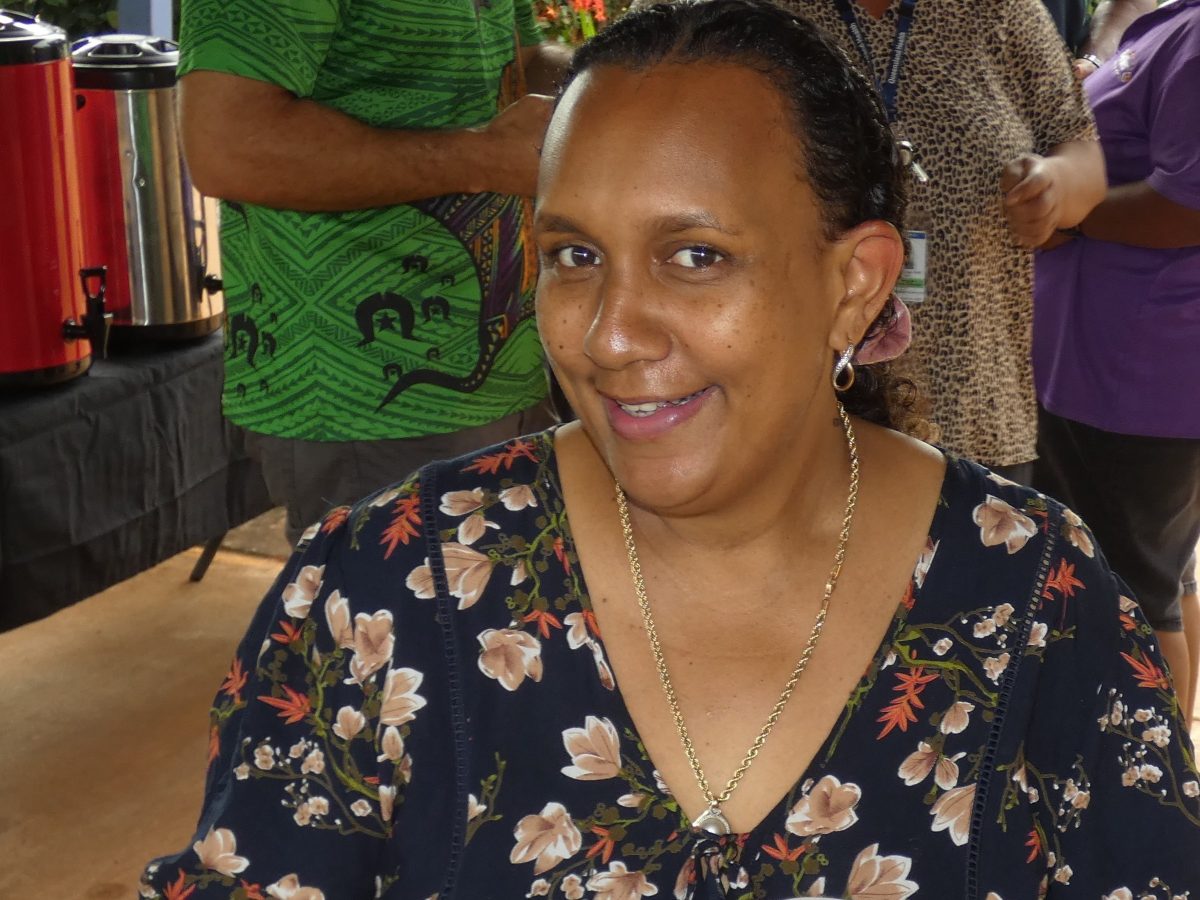
Program manager Ugari Nona believes the First 1000 Days program will help growing families stay connected to their community when going away for birth. Photo: Supplied.
A new Far North Queensland birthing initiative in the Northern Peninsula Area (NPA) is helping support mothers and families in growing and raising healthy babies.
The First 1000 Days program focuses on maternal and child health, as well as the social and emotional wellbeing of mothers, fathers, carers and children to help reduce health inequalities and ensure all children in the region have a healthy start to life.
Delivered by the Northern Peninsula Area Family and Community Services (NPAFACS) in the Cape York region, and funded by Northern Queensland Primary Health Network (NQPHN), the program allows for families to stay in touch with their community and support systems.
NPAFACS project manager health projects Ugari Nona said the program was vital in the absence of a local birthing facility in the NPA.
“We don’t have birthing facilities in the NPA, so women either go to Cairns, Thursday Island or Townsville to birth their babies,” Ms Nona said.
“This can mean they are away from their communities, sometimes for many weeks, at this crucial time in their family life.
“When we saw the opportunity to be a part of the First 1000 Days program, we knew it would help ensure that mothers, children, dads, and families had someone watching out for them, and linking them to the resources they needed in those early days from birth to a child’s second birthday.”
NQPHN chief executive officer Sean Rooney said the first 1000 days was a critical time in a child’s life, with early experiences being a predictor of health, development, education, and social outcomes.
“The first 1000 days is defined as the period from conception through to a child’s second birthday,” Mr Rooney said.
“During this period, parents and children may receive access to a range of care and supports, including pregnancy care, birthing, post-birth care and child development.
“The program aims to improve health outcomes for First Nations families and communities by providing care coordination and improving access to primary health care, including culturally appropriate mainstream services, while keeping them connected to their community.”
Prior to implementation in the NPA, Ms Nona said more than 80 women and men shared their experiences with bringing a child into the remote region.
“Before we started the program, we went into our communities to hear from women about their birth experiences and the social contexts that either helped them and their children thrive, or imposed challenges on them, their babies and their families,” she explained.
“One of our strongest findings [was] the importance of sustaining women’s connection to each other during pregnancy and birth, with one of their strongest desires to be able to birth our babies in the Northern Peninsula Area.”
NPAFACS will soon launch a visitor program, where Indigenous health workers from the NPA will be able to visit women and children.
Ms Ugari said these visitors will engage and converse with parents and carers to allow for further learning about developmental milestones and the overall complexities of raising children and everyday life.
“Families will also be referred and connected to the services they need in a meaningful way,” Ms Nona said.
“We love our children and want them to thrive.
“We believe this has always been a privilege and our dreaming, and this project lets us step into this dreaming in a different way.”


